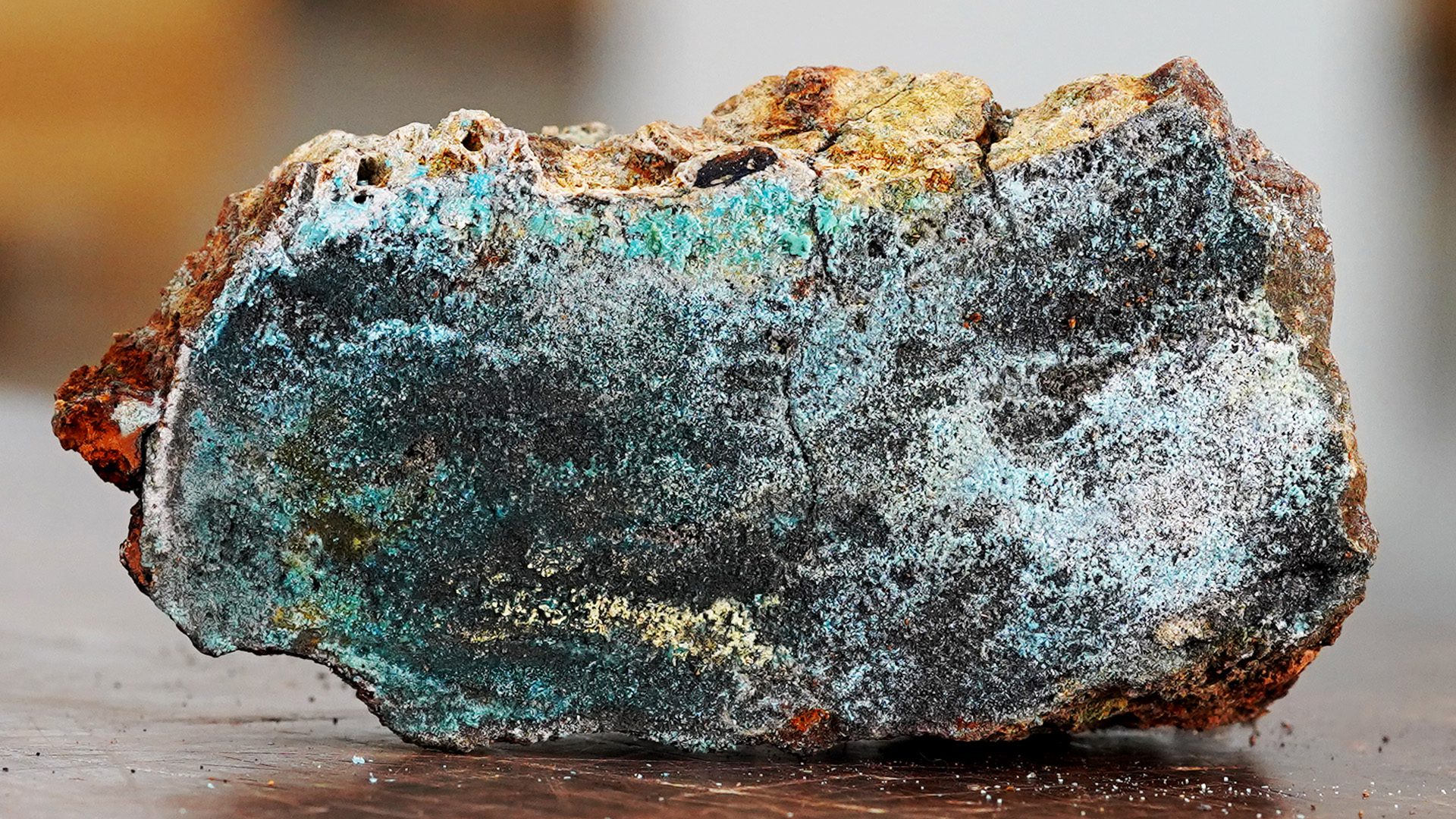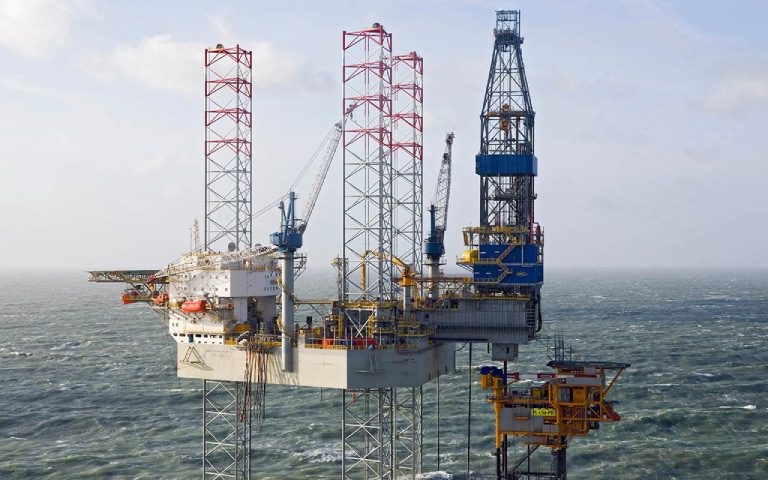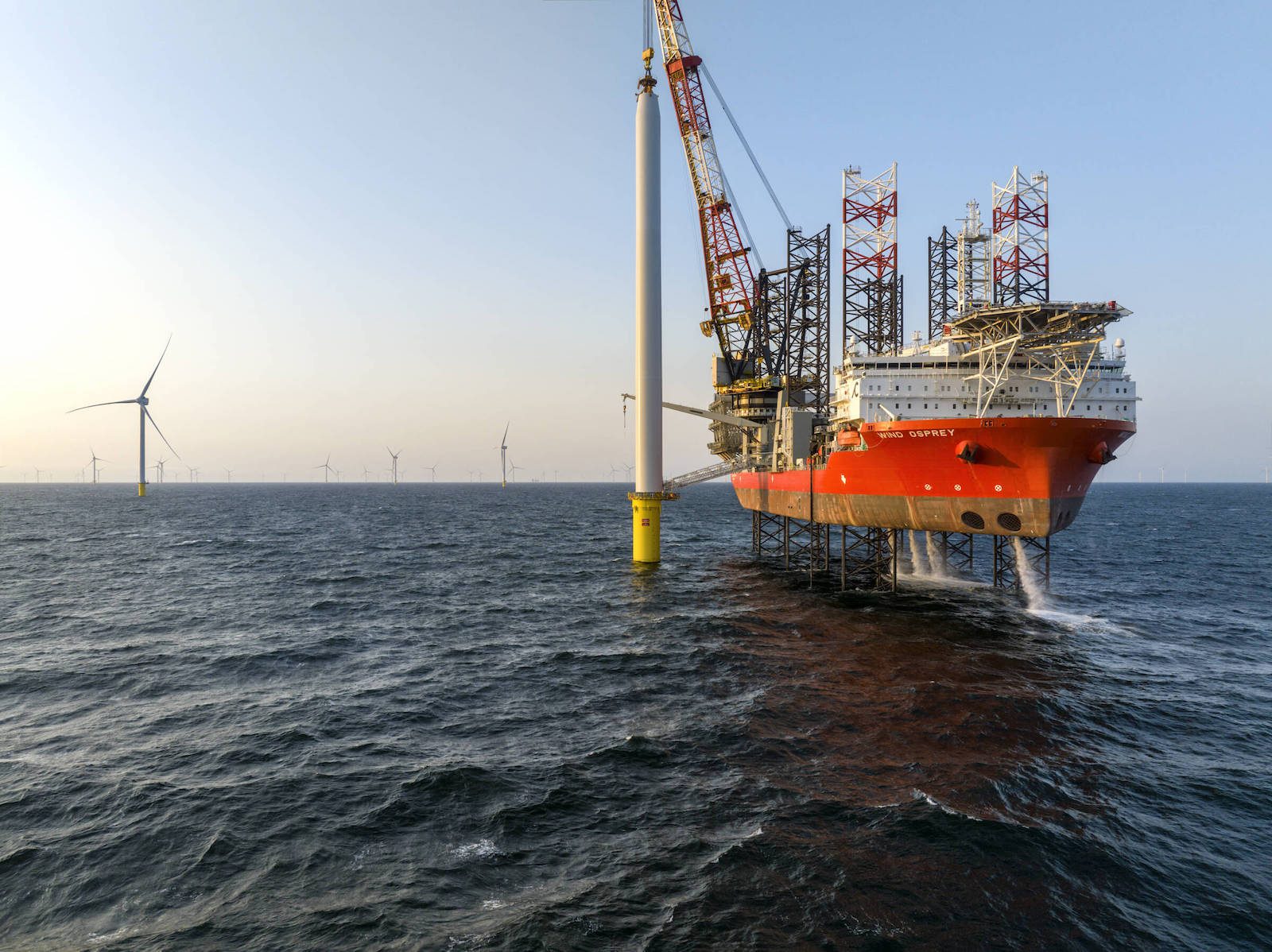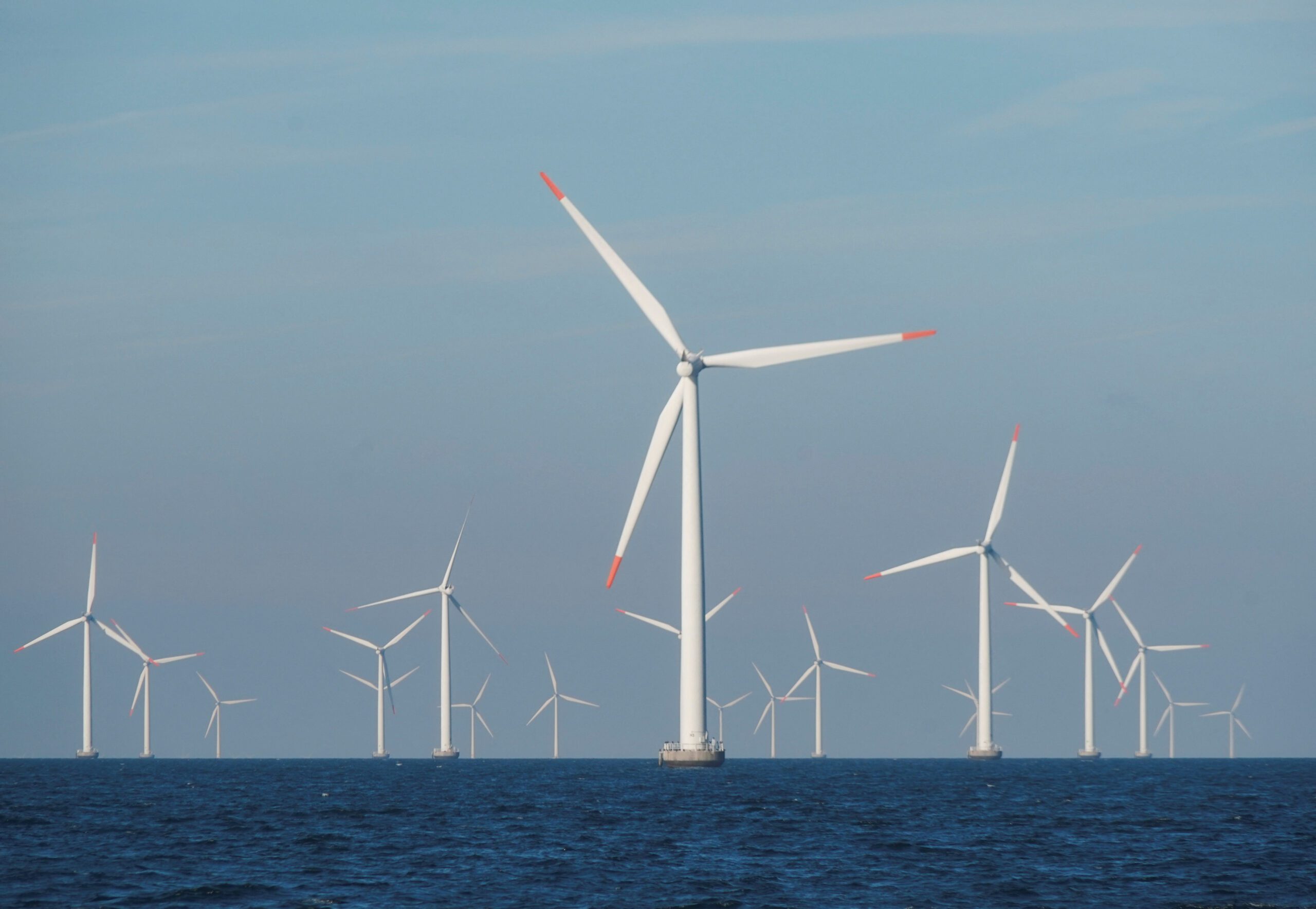By Nerijus Adomaitis
OSLO, Jan 27 (Reuters) – A Norwegian study has found a “substantial” amount metals and minerals ranging from copper to rare earth metals on the seabed of its extended continental shelf, authorities said on Friday in their first official estimates.
The Nordic country, a major oil and gas exporter, is considering whether to open its offshore areas to deep-sea mining, a process that requires parliament’s approval and has sparked environmental concerns.
“Of the metals found on the seabed in the study area, magnesium, niobium, cobalt and rare earth minerals are found on the European Commission’s list of critical minerals,” the Norwegian Petroleum Directorate (NPD), which conducted the study, said in a statement.
The resources estimate, covering remote areas in the Norwegian Sea and Greenland Sea, showed there were 38 million tonnes of copper, almost twice the volume mined globally each year, and 45 million tonnes of zinc accumulated in polymetallic sulphides.
The sulphides, or “black smokers”, are found along the mid-ocean ridge, where magma from the Earth’s mantle reaches the sea floor, at depths of around 3,000 metres (9,842 feet).
About 24 million tonnes of magnesium and 3.1 million tonnes of cobalt are estimated to be in manganese crusts grown on bedrock over millions of years, as well as 1.7 million tonnes of cerium, a rare earth metal used in alloys.
The manganese crusts are also estimated to contain other rare earth metals, such as neodymium, yttrium and dysprosium.
“Costly, rare minerals such as neodymium and dysprosium are extremely important for magnets in wind turbines and the engines in electric vehicles”, the NPD said.
ENVIRONMENTAL IMPACT
Environmental groups have called on Norway to postpone its seabed mineral exploration until more studies are conducted to understand the organisms living on the seabed and the impact of mining on them.
There is “a great lack of knowledge” of deep oceans, where new and undiscovered species are potentially to be found, Norway’s Institute of Marine Research said in a consultation letter.
The NPD said its estimates showed resources “in place”, and further studies were needed to establish how much of those could be recovered with acceptable environmental impact.
(Reporting by Nerijus Adomaitis; editing by Jason Neely)
(c) Copyright Thomson Reuters 2023.

 Join The Club
Join The Club












